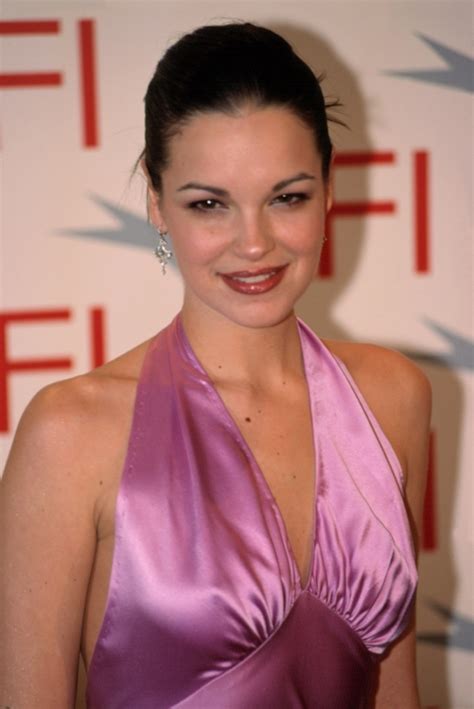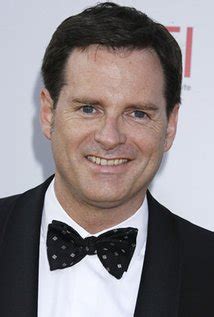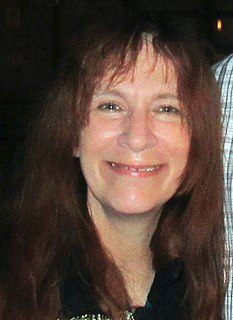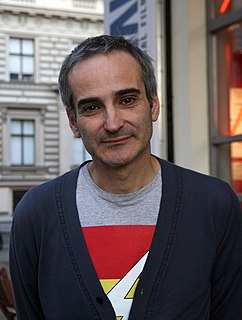A Quote by Peter Dinklage
That's one of the things about theater vs. film - with theater, actors have a little more control, and one of the disappointing things about films is that once you're done shooting, anything can happen, you know?
Related Quotes
I think film is a world of directors. Theater is a world of actors. Or, theater is for actors as cinema is for directors. I started in theater. Filming is as complete as directing film. In theater, you are there, you have a character, you have a play, you have a light, you have a set, you have an audience, and you're in control, and every night is different depending on you and the relationship with the other actors. It's as simple as that. So, you are given all the tools.
Film is very much about capturing the essence of things - if you feel it, and you've got the right person shooting it, it'll come across. Theater's a different animal; it's physically different and requires a different discipline. In the theater, you're mining the same material, constantly honing the same thing, executing it and keeping it alive and fresh.
I've been so fortunate throughout my career, when I was doing theater, more theater than anything else, and when I was doing films that I got a chance just to do a broad range of things. In fact, a lot of my choices that I made were about that very thing. Every project that I had an opportunity to do or chose to do, I wanted it to be different from the last thing I did, and I think that's why I have a good, you know, I had kind of a diverse kind of résumé. I'm really - it's what I set out to do as an actor originally.
You can't make theater happen without actors. The actor is the central ingredient in making theater happen. Audiences may come to theaters to see the work of stage managers, directors and producers, but the only people who can communicate theater magic to audiences, through ideas and emotions, are the actors. They are the only ones who can communicate this by themselves, and if necessary, they can get along without you. But you can't make theater without the actor.
When I make films I'm very intuitive; I'm instinctive. When you are shooting there's little time to think about abstract ideas, it's about getting things done, getting them right, and trying to channel the energies and get the best of whatever you have on your set. It's only once the film is finished that it's like, "Okay, let's try to figure out what happened." Try to figure out exactly what I did.


































